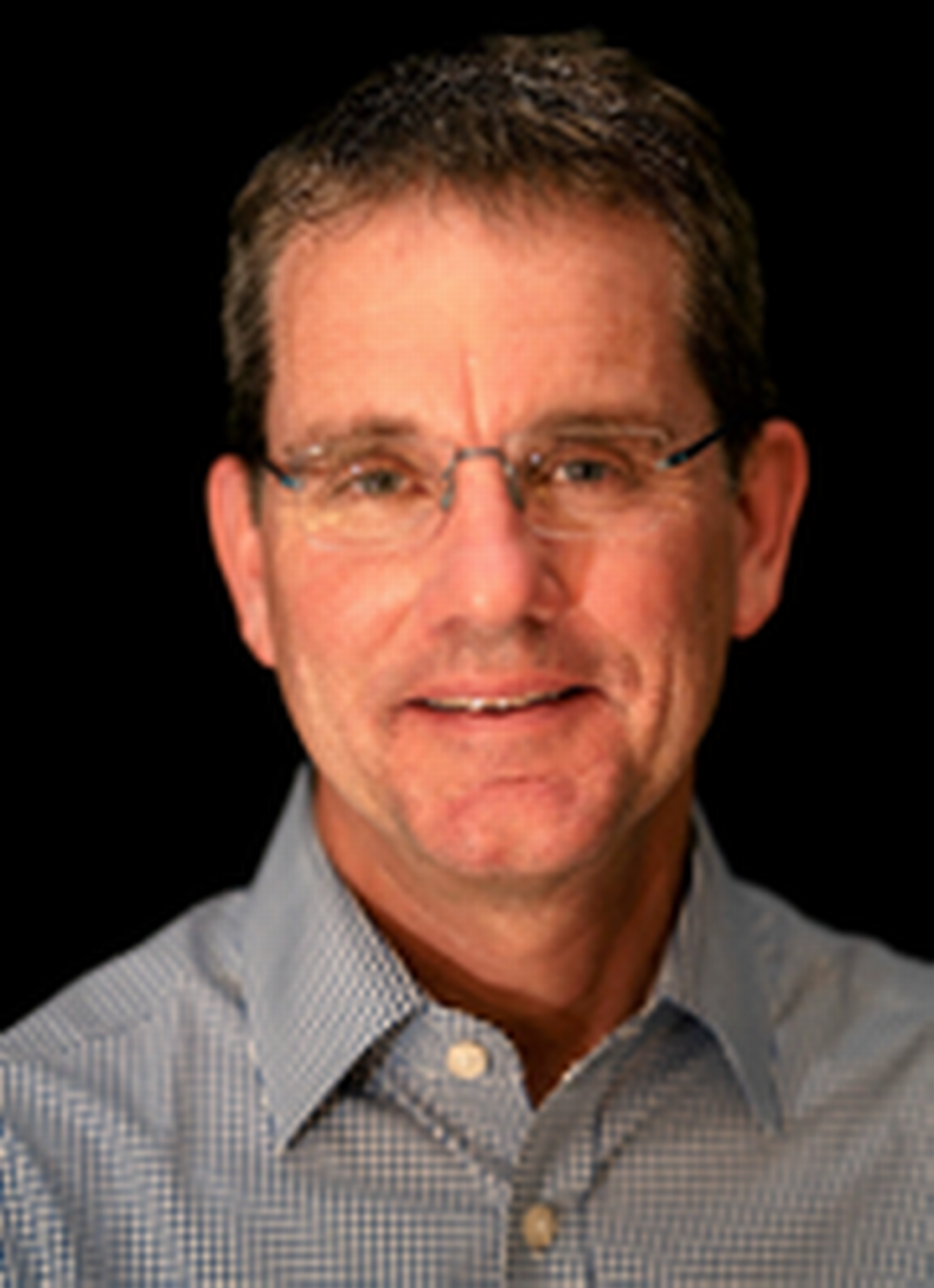Town Council member: Chapel Hill has a parks problem
Chapel Hill has a parks problem.
Community parks commission chair Tyler Steelman noted recently that, “People are talking about having to leave town to engage in parks and recreation, and go to surrounding areas to just participate in the types of programs they would like to see.”
This isn’t a surprise to any resident who likes to get outside.
For example, Chapel Hill has a plan to build an accessible playground for kids of all abilities and has been talking about building such a playground since at least 2015. But, unlike Raleigh’s Sassafras all Children’s Playground or Cary’s Marla Dorrel Park, Chapel Hill still hasn’t gotten around to building one.
And while Chapel Hill has a plan for a splash pad for kids and others to cool off during our increasingly hot summers, actually building one is an elusive goal. Fayetteville boasts 12 splash pads. And this is an amenity most surrounding towns of similar size have had for years.
Shamefully, Chapel Hill’s rotting, unsafe, outdated wood skate/BMX park endures despite the town’s parks plan citing the need for a new concrete park nearly a decade ago. Chapel Hill is surrounded by communities — such as Durham, Raleigh and Apex — that have modern concrete skate parks. Even Lexington — one-third the size of Chapel Hill — built a world-class skate park just over a year ago.

During the pandemic, municipal leaders in many towns realized the importance of buying more land for open space and parks so residents can get outside. Since 2019, towns such as Apex, Garner and Asheville have purchased nearly 200 acres of new public open space and parkland. And Raleigh is putting its largest parks bond in history on the ballot this year to improve and expand parks, preserve open space and add to greenways.
In contrast, Chapel Hill is not only failing to expand preserved open space and parks, but is also moving to both develop and sell informal park land and open space purchased by voter-approved land preservation bonds.
So, what’s the problem? It can’t be revenue. As part of Orange County, Chapel Hill residents pay the most property taxes in the state and are in the group of counties with the highest sales tax. Chapel Hill also has millions of uncommitted federal relief dollars ready to be spent.
Chapel Hill has felt flush enough over the last few years to provide $12.5 million in economic development investments to private industry. This has gone to projects like Wegmans grocery store and to build roads to service new luxury apartment developments like The Hartley on Ephesus Church Road.
And costs have risen on Chapel Hill’s $39 million new parking deck downtown being built in an attempt to improve the business climate. This is such a substantial town project, that if new construction can’t pay for itself eventually through new parking revenues, the town’s accounting firm warns that the town’s future borrowing ability – for needed park investments for example – would be limited.
If Chapel Hill can spend so much money on other priorities, we ought to at least find enough funding to keep up with parks and preserved open space amenities at the level provided by our neighboring municipalities. We don’t have to be a leader, but it would be nice not to be last in the pack.
Adam Searing is an attorney who grew up in Chapel Hill and is a member of the Town Council.

